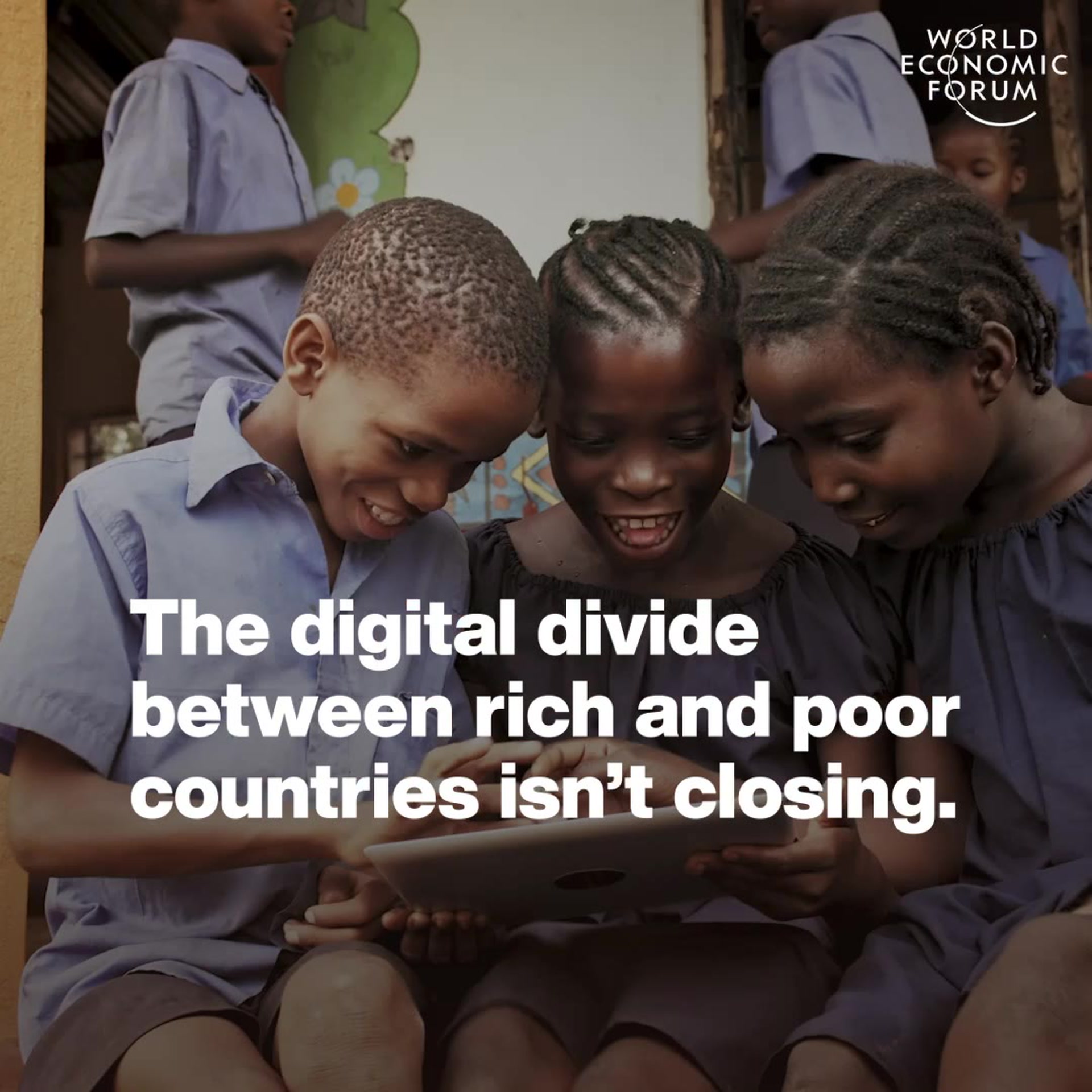Antimatter, mollusc teeth and other science stories of the week


Get involved with our crowdsourced digital platform to deliver impact at scale
Stay up to date:
Innovation
Welcome to your weekly science update, a curated list of the most interesting stories in science.
Where have all the Bell Labs gone? Companies are abandoning the kind of basic research that wins Nobel prizes, focusing instead on problems whose underlying tech has largely been figured out.
And where has all the antimatter gone? Five things we expect to learn from CERN as it conducts new and improved particle-accelerator experiments this year.
Chinese and Saudi science enjoy the limelight. The Beijing Genomics Institute was profiled in the Financial Times and Saudi Arabia opened a state-of-the-art laser research laboratory.
Rethinking heart-attack risk. Commonly used “risk calculators” may overestimate patients’ chances of having a heart attack. A new study underscores the dangers of over-reliance on standardized algorithms – food for thought as artificial intelligence becomes increasingly incorporated into the doctor’s office.
Rethinking life: is our definition of life biased? If so, NASA’s “follow the water” strategy might miss out on life forms on other planets that have biochemistry different from what we are used to.
Rethinking death: 27 charts explain how people tend to die nowadays.
Tracking snails from space: Earth observation satellites are being used to predict where disease-spreading critters such as water snails and mosquitoes are likely to live, enabling health agencies to better target their resources and combat parasitic diseases. This health-related monitoring is especially relevant given how climate change is likely to affect the global disease landscape.
Speaking of climate change, a new study suggests that in 20-50 years from now the Great Plains and South-West of the United States will experience droughts the likes of which have not been seen in 1,000 years.
And speaking of snails, the teeth of molluscs is the newest material to be crowned the strongest natural substance known to humankind – yet another reminder of why it doesn’t pay to let Earth’s biodiversity get wiped out.
A dose of reality about vaccines, from YouTube sensation It’s Okay to be Smart
And speaking of YouTube science, I can’t get enough of Kurzgesagt and MinutePhysics for fast, entertaining science basics.
Pop culture pulsar detective – the fascinating true origin story of Joy Division’s Unknown Pleasures’ iconic album cover art. Spoiler alert: it’s a data visualization of a beam of electromagnetic radiation emitted from a highly magnetized, rotating neutron star, as it sweeps through the galaxy like a lighthouse beacon.
And, finally, artificial brains – need I say more?
Author: David Gleicher is Senior Programme Manager, Science and Technology, at the World Economic Forum.
Image: Science Museum employee Kerry Law poses for a photograph by an audio visual display at the Large Hadron Collider exhibition at the Science Museum in London November 12, 2013. REUTERS/Toby Melville
Don't miss any update on this topic
Create a free account and access your personalized content collection with our latest publications and analyses.
License and Republishing
World Economic Forum articles may be republished in accordance with the Creative Commons Attribution-NonCommercial-NoDerivatives 4.0 International Public License, and in accordance with our Terms of Use.
The views expressed in this article are those of the author alone and not the World Economic Forum.
The Agenda Weekly
A weekly update of the most important issues driving the global agenda
You can unsubscribe at any time using the link in our emails. For more details, review our privacy policy.
More on Fourth Industrial RevolutionSee all
Brett Loubert, Bridget Fawcett and Helen Burdett
May 7, 2024
John Letzing
April 29, 2024







